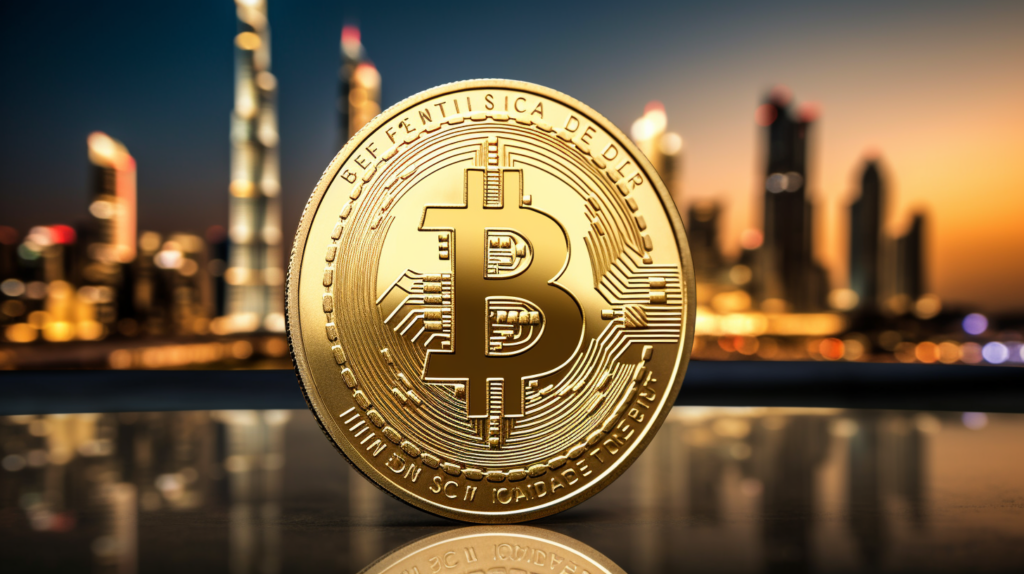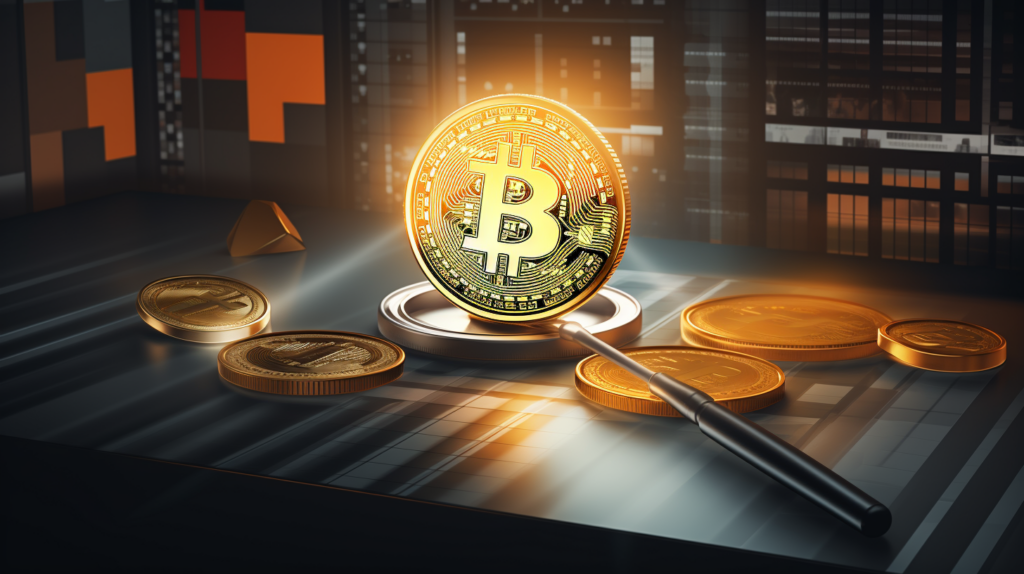Uniswap’s Bold Move: A Game Changer in Governance
In a significant development for the decentralized finance (DeFi) sector, Uniswap’s governance has proposed a groundbreaking change that could reshape its voting dynamics. The proposal, currently in the ‘temperature check’ phase, aims to delegate a substantial 10 million UNI tokens from the DAO’s treasury to underrepresented delegates. This move has triggered a remarkable 20% surge in UNI’s price, signaling a positive market response.
Who and What: Uniswap’s Governance Shift
Uniswap, a leading player in the DeFi space, operates on a decentralized autonomous organization (DAO) model. The proposal seeks to empower smaller delegates who are currently underrepresented in the governance process. The top four candidates would receive up to 2.5 million UNI each, with the remaining tokens distributed equally among other candidates. Notably, these tokens would be non-tradeable and solely for voting purposes, significantly increasing their influence in governance proposals.
Where and When: A Global Impact
This development has global implications, given Uniswap’s prominent position in the DeFi market. The proposal’s timing coincides with a broader recovery in the crypto markets, with UNI’s price hitting a 14-week high during the Asian trading session on Thursday.
Why and How: Addressing Centralization Concerns
The initiative addresses long-standing criticisms of Uniswap’s governance being dominated by a few large token holders, leading to a quasi-centralized decision-making process. By redistributing voting power, Uniswap aims to democratize its governance, potentially setting a precedent for other DAOs.
The Context Behind Uniswap’s Strategic Shift
The Current State of DeFi Governance
Uniswap’s move comes at a critical juncture in the DeFi sector. The dominance of ‘whale’ token holders in decision-making has been a contentious issue, with entities like a16z, Dharma, and Gauntlet wielding significant influence. This centralization has led to several proposals passing with the backing of just a single major entity.
Historical Perspectives
In 2020, a proposal by Dharma to lower the quorum threshold highlighted the centralization problem. The proposal aimed to reduce the threshold from 40 million UNI (4% of the total) to 3%, effectively increasing the power of large holders. This move was met with mixed reactions, underscoring the need for a more balanced governance structure.
A Personal Take on Uniswap’s Governance Proposal
Pros: Democratizing Decision-Making
From my point of view, Uniswap’s proposal is a bold step towards democratizing governance in the DeFi space. By empowering smaller delegates, it addresses the centralization issue, potentially leading to more diverse and representative decision-making. This could enhance the legitimacy and effectiveness of the governance process.
Cons: Potential Risks and Challenges
However, there are concerns. Redistributing voting power could lead to unforeseen complexities and governance challenges. There’s a risk that new power dynamics might emerge, possibly leading to fragmentation or inefficiencies in decision-making.
The Bigger Picture
As I see it, Uniswap’s proposal is more than just a governance tweak; it’s a statement about the future direction of DeFi governance. While the immediate market response has been positive, with UNI’s price surge, the long-term implications on governance effectiveness and market stability remain to be seen. This move could either pave the way for a more inclusive and decentralized future or introduce new challenges in the governance landscape of DeFi.





